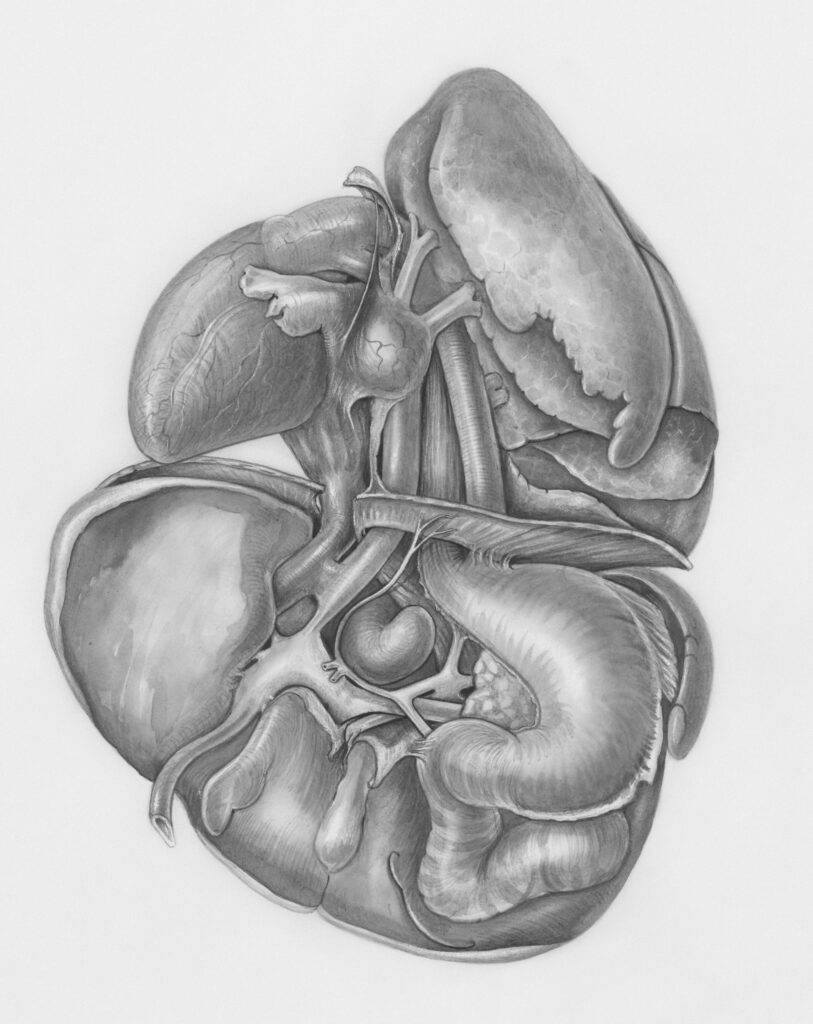Intermittent Fasting – Advantages and Disadvantages 🕒

“Fasting is not just about skipping food—it’s about timing your meals for a healthier body and mind.”
Intermittent fasting has become one of the most talked-about trends for weight loss and overall wellness. Many dieticians now recommend it as a structured eating pattern rather than a restrictive diet. However, like any health practice, it comes with both benefits and drawbacks you should be aware of before starting.
✅ Benefits of Intermittent Fasting

🧠 1. Improves Digestion
Giving your stomach time to rest and digest helps reduce bloating and fat accumulation. Intermittent fasting gives the digestive system a break, allowing it to function more efficiently.

💉 2. Lowers Risk of Diabetes
Fasting helps regulate insulin levels and improves insulin sensitivity. This helps the body burn fat and maintain stable blood sugar levels, reducing the risk of type 2 diabetes.

✨ 3. Clearer Skin
A cleaner digestive system flushes out toxins, benefiting the skin. Regular fasting with adequate hydration can lead to a brighter, healthier complexion.

❤️ 4. Boosts Heart Health
Studies suggest intermittent fasting can lower LDL cholesterol, triglycerides, and inflammation—factors that contribute to heart diseases.

⚠️ Disadvantages of Intermittent Fasting
🍽️ 1. Overeating During Meals
Due to extended gaps between meals, people may binge-eat when it’s time to eat, defeating the purpose of calorie control.

😴 2. Weakness and Fatigue
Long hours without food can cause low energy levels, dizziness, and fatigue, especially for beginners or those with high physical activity.

😠 3. Mood Swings
Hunger can lead to irritability and lack of focus. Emotional regulation becomes harder when the body is energy-deprived.

🌙 4. Sleep Disturbances
Going to bed on an empty stomach may cause trouble sleeping, restlessness, or early waking.

💧 5. Dehydration
Reduced food intake can also mean less water intake, leading to dehydration unless one consciously drinks enough fluids.

📝 Final Advice
Before starting intermittent fasting, especially if you’re a beginner, consult a doctor or certified dietician. Start with once-a-week fasting and gradually build comfort. Everyone’s body responds differently—what works for one may not work for another.
“Intermittent fasting isn’t a one-size-fits-all plan—it’s a lifestyle choice that needs personalization and patience.”
